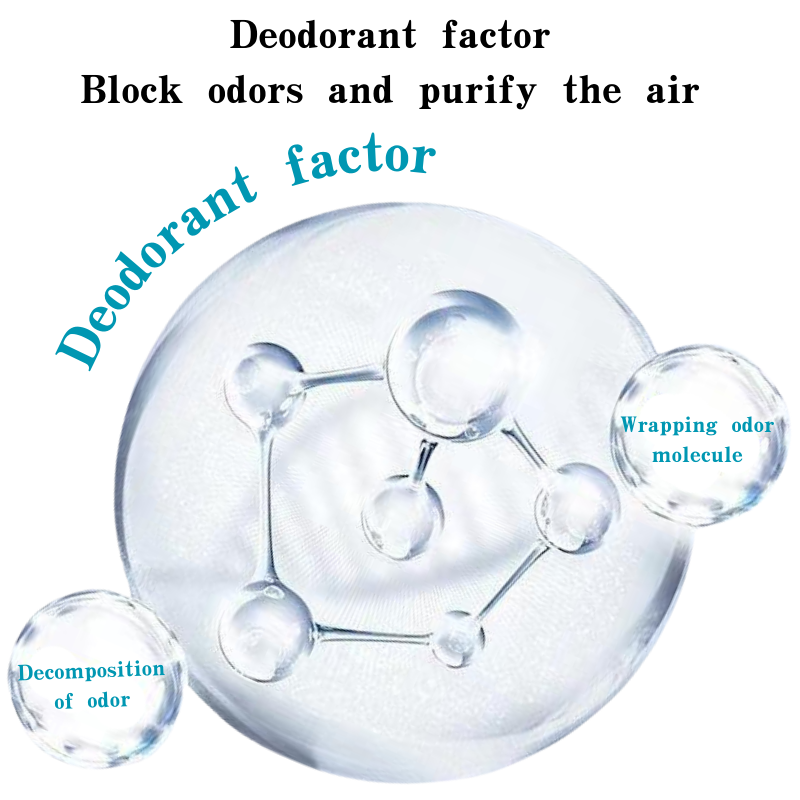
silicon carbide
Silicon carbide (SiC) is a unique compound that has garnered significant attention in various industries due to its exceptional properties. Composed of silicon and carbon, SiC is a semiconductor that exhibits remarkable thermal conductivity, electrical efficiency, and mechanical strength. These characteristics make it particularly valuable in high-temperature and high-voltage applications.
One of the most prominent uses of silicon carbide is in the field of power electronics. As the demand for energy-efficient devices increases, SiC semiconductors have emerged as a superior alternative to traditional silicon-based materials. They can operate at higher voltages, frequencies, and temperatures, allowing for more compact and efficient designs. This capability is particularly beneficial in applications such as electric vehicles (EVs), renewable energy systems, and industrial motor drives, where efficiency and performance are critical.
Additionally, silicon carbide is an ideal material for high-performance LEDs (light-emitting diodes) and laser diodes. Its wide bandgap allows for the emission of light in the blue and ultraviolet spectrum, making it crucial for various lighting and communication technologies. The durability of SiC also ensures that devices can withstand harsh environmental conditions, which is essential for outdoor applications.
silicon carbide

Another area where silicon carbide shines is in the production of abrasives
. Due to its hardness, SiC is used to manufacture grinding wheels, cutting tools, and sandpapers. It outperforms traditional abrasives, increasing the efficiency and effectiveness of machining processes in industries such as automotive, aerospace, and manufacturing.The growth of the silicon carbide market is fueled by the increasing adoption of SiC-based devices in diverse sectors. With the rise of electric vehicles and renewable energy sources, manufacturers are investing heavily in SiC technology to enhance the efficiency and performance of their products. Companies are innovating in the production processes, aiming to reduce costs while improving quality, making SiC more accessible to a broader range of applications.
In conclusion, silicon carbide is a versatile material with a wide array of applications across multiple industries. Its unique properties, including high thermal conductivity, electrical performance, and hardness, position it as a key player in the future of technology. As research continues and production methods advance, SiC is likely to play an even more significant role in driving innovation and sustainability in the years to come. The ongoing development in silicon carbide technology promises to pave the way for a more efficient and eco-friendly industrial landscape, highlighting its importance in modern engineering and manufacturing.
Share
-
Premium Pigment Supplier Custom Solutions & Bulk OrdersNewsMay.30,2025
-
Top China Slag Fly Ash Manufacturer OEM Factory SolutionsNewsMay.30,2025
-
Natural Lava Rock & Pumice for Landscaping Durable Volcanic SolutionsNewsMay.30,2025
-
Custom Micro Silica Fume Powder Manufacturers High-Purity SolutionsNewsMay.29,2025
-
Custom Mica Powder Pigment Manufacturers Vibrant Colors & Bulk OrdersNewsMay.29,2025
-
Custom Micro Silica Fume Powder Manufacturers Premium QualityNewsMay.29,2025






